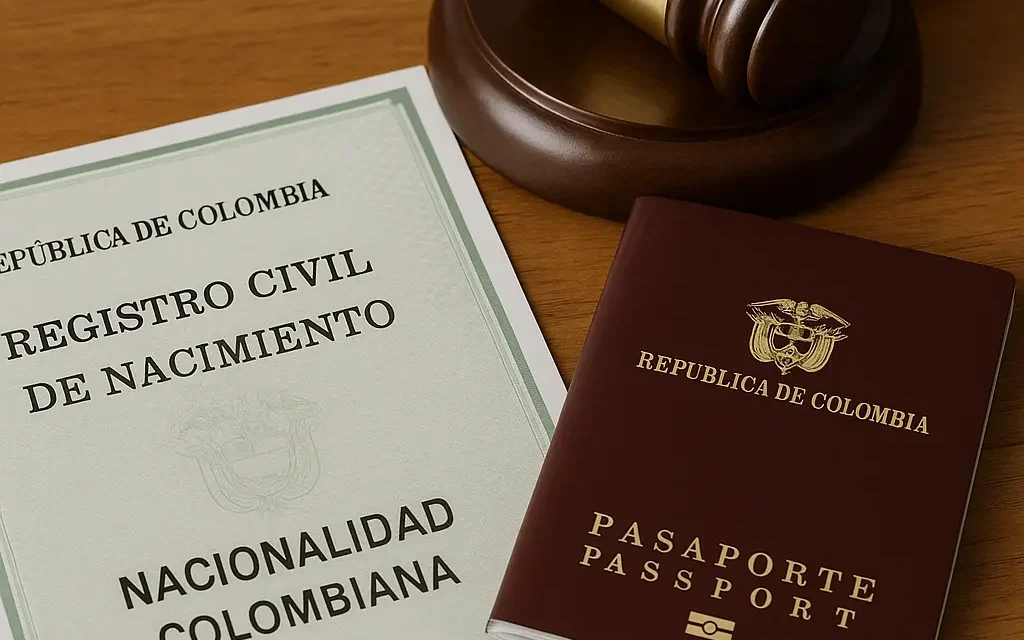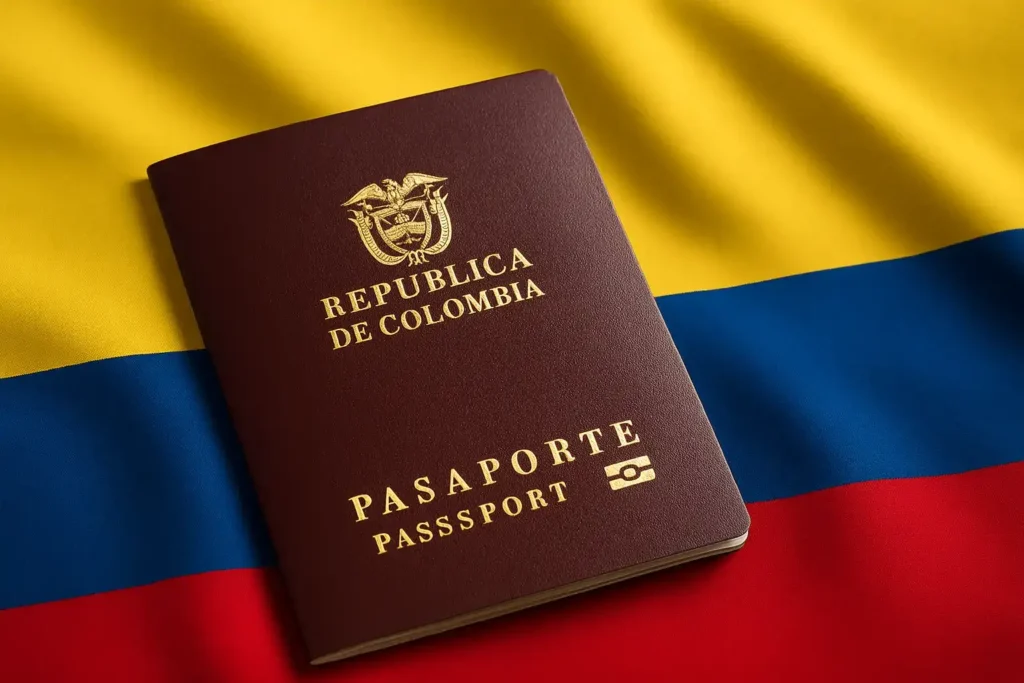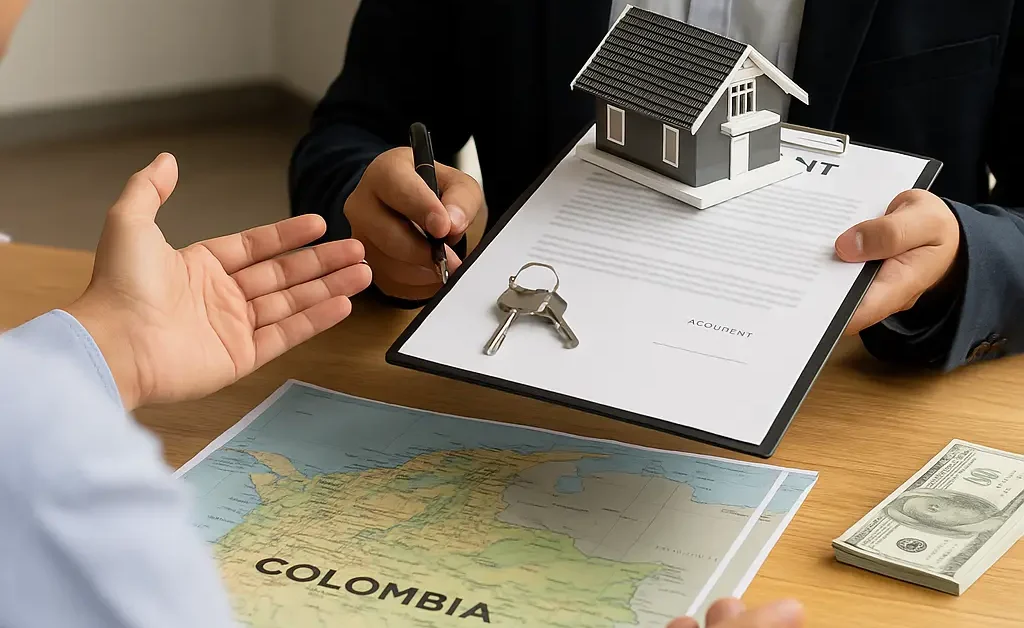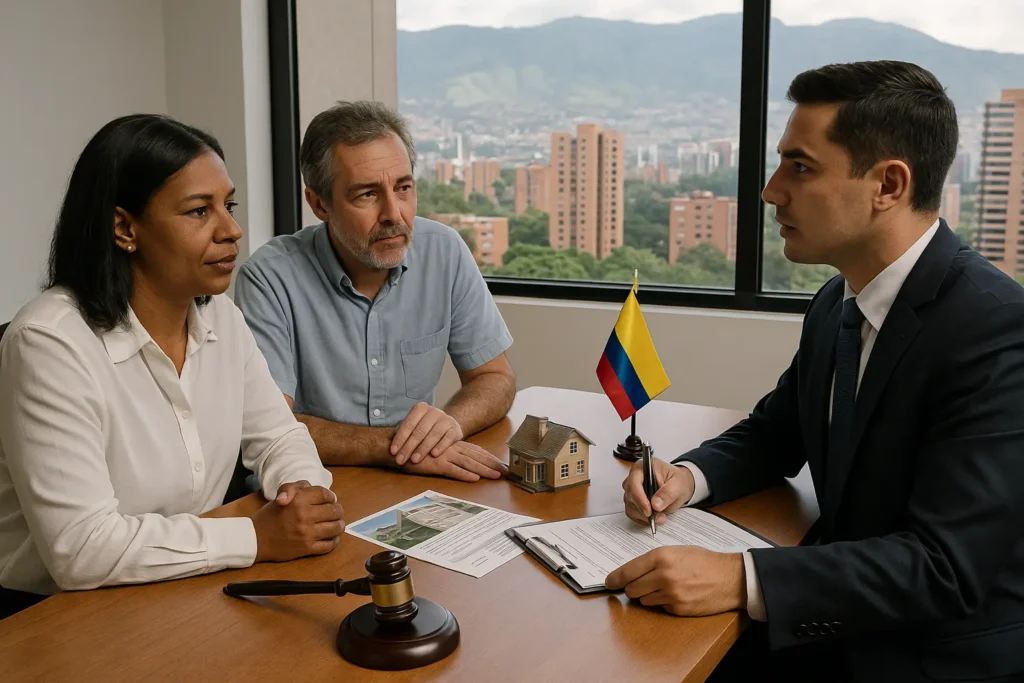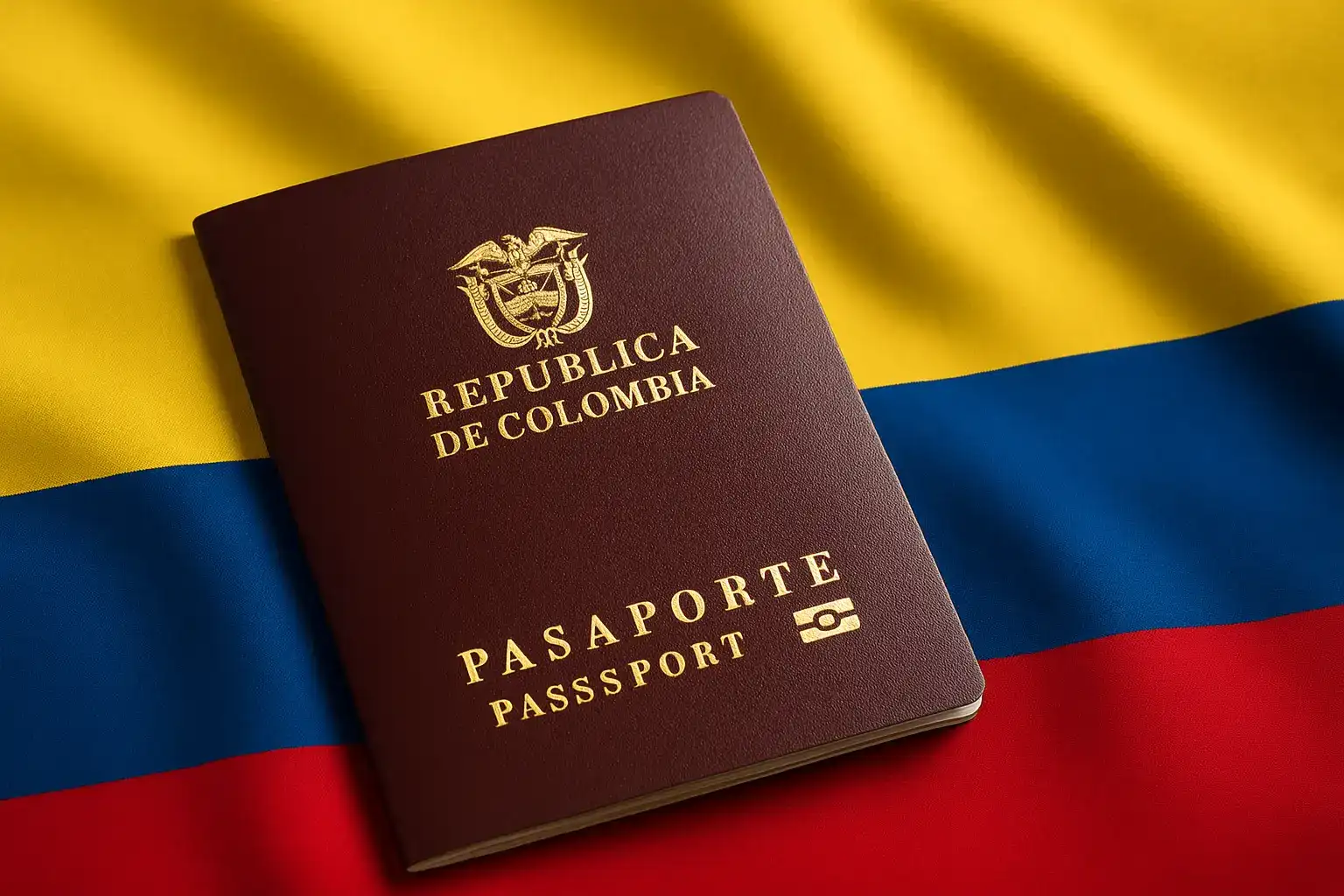Handling legal processes in a foreign country can feel intimidating, especially if you’re not acquainted with the local legal practices. This is especially relevant in Colombia, where notary services are central to nearly all important legal procedures. Whether you intend to purchase property, marry, or start a business, understanding precisely how notary services work in Colombia can significantly ease your journey and reduce potential stress.
In this detailed guide, we’ll explain precisely how notary services work in Colombia, their importance and the typical processes ensuring you’re fully prepared for your legal journey.
What Exactly Are Notary Services?
In Colombia, notaries (notarios) are specialized legal professionals appointed by the government, tasked with authenticating and certifying various legal documents and transactions. Unlike in other countries, where notarization often involves merely witnessing signatures, Colombian notaries play a broader and more fundamental role.
They not only witness signatures, also verify the legality, validity, and authenticity of documents, safeguarding all parties involved.
Importance of Notary Services for Foreigners
Understanding how notary services work in Colombia is important because almost every significant transaction you engage in as a foreigner requires notarization, including:
- Real Estate Transactions: Notaries ensure property purchases and sales are legally valid.
- Marriage Registration: Legal marriages must be formalized through notarized documentation.
- Business Incorporation: Setting up a business in Colombia necessitates notarizing corporate documents.
How Notary Services Work in Colombia
To fully grasp how notary services work in Colombia, it’s beneficial to understand the step-by-step process clearly.
1. Document Preparation
Before visiting the notary, gather all necessary documents. The requirements vary depending on your specific transaction but commonly include:
- Valid passport or identification
- Proof of legal residency in Colombia
- Financial records or statements
- Property deeds or contracts
- Marriage and birth certificates (where applicable)
Ensure your documentation is current and properly translated into Spanish if originally in another language.
2. Scheduling a Notary Appointment
Appointments are recommended, as Colombian notaries can often be busy. Setting an appointment ensures you receive focused attention and saves valuable time.
3. Document Verification
At your appointment, the notary will thoroughly examine your documents to ensure everything complies with Colombian law. They check for authenticity, completeness, and accuracy.
4. Explanation of Legal Implications
Once verification is complete, the notary explains the implications and consequences of the transaction, ensuring you fully understand your obligations and rights.
5. Signing and Authentication
After understanding the legal aspects, you and all involved parties sign the documents in the presence of the notary, who certifies the signing. The notary then officially registers the document or transaction in the public records, making it legally valid.
6. Receiving Your Notarized Documents
Finally, you’ll receive notarized copies of your documents, fully authenticated and ready to be legally recognized throughout Colombia.
Practical Examples of How Notary Services Work in Colombia
Let’s explore some common scenarios in greater detail:
Purchasing Real Estate
Suppose you’re buying an apartment in Bogotá. Here’s precisely how notary services work in Colombia for this type of transaction:
- Initial Agreement: Draft a preliminary contract reviewed by your legal advisor.
- Gather Documentation: Prepare property deeds, identification documents, and financial statements.
- Visit the Notary: Meet at the notary’s office with the seller to review and authenticate all documents.
- Official Signing: Both parties sign documents under the notary’s supervision.
- Registration: The notary registers the transaction officially in public records.
- Completion: Receive your authenticated ownership documents.
Marriage Formalization
If planning to marry in Colombia, the notarization process would be:
- Document Collection: Gather identification, birth certificates, and any necessary marital status documents.
- Legal Review: Have Colombia Law Connection verify documents for legal compliance.
- Notary Appointment: Schedule an official meeting at the notary.
- Document Verification and Signing: The notary ensures legality and oversees document signing.
- Official Record: Marriage details are officially recorded.
- Certified Copies: Obtain notarized marriage certificates for official use.
Common Mistakes to Avoid When Using Notary Services in Colombia
Learning clearly how notary services work in Colombia will help you avoid common pitfalls like:
- Incomplete Documentation: Always confirm document requirements ahead of time. Missing even one document can delay your entire process.
- Language Misunderstandings: If you’re not fluent in Spanish, bringing a qualified translator or bilingual legal advisor is vital.
- Neglecting Small Details: Ensure all names, dates, and details are correct, as errors in notarized documents can lead to significant delays.
Fully understanding how notary services work in Colombia is vital for a smooth, error-free experience. Whether buying property, getting married, or establishing a business, expert guidance ensures you navigate the notarization process effortlessly and effectively.
Ready to Navigate Your Legal Journey in Colombia?
Our experienced legal team is dedicated to guiding you step-by-step, ensuring your experience is smooth, transparent, and stress-free. Whether you’re buying property or formalizing a marriage, Colombia Law Connection has the expertise and bilingual support to assist you effectively. Take the first confident step in your legal journey in Colombia.



